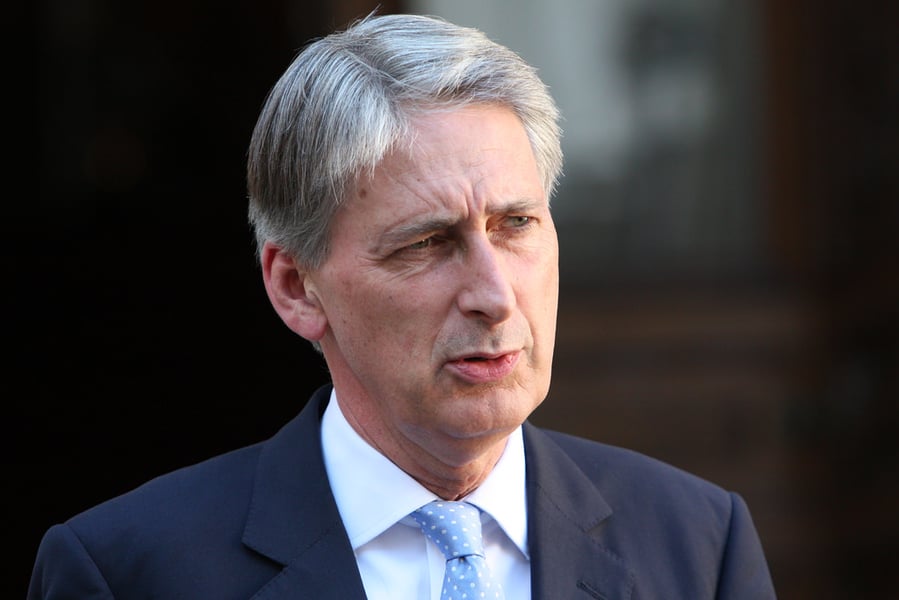The paper claimed Chancellor Philip Hammond could announce a change to the land tax in the upcoming Budget on 22 November.

The government is thinking about significantly cutting stamp duty for first-time buyers in a bid to restore young people’s faith in the system, the London Evening Standard reports.
The paper claimed Chancellor Philip Hammond (pictured) could announce a change to the land tax in the upcoming Budget on 22 November.
Backbenchers have reportedly put forward the idea amongst others, while the government could also pressure Transport for London and other public bodies to release unused land for housebuilding.
By next April the starting point for stamp duty in Wales will be raised from £125,000 to £150,000, while the equivalent stands at £145,000 in Scotland.
It currently stands at £125,000 in England and Northern Ireland.
Ray Boulger, senior technical manager of John Charcol, said: “There is very likely to be an increase in the starting point for stamp duty in the next Budget.
“Bearing in mind the average house price in England is higher than in Wales and Scotland it seems untenable for the Chancellor not to do something.
“Putting the starting point up before paying stamp duty to £150,000 is very likely in the Budget.
“However I would put it up to £200,000.”
Boulger argued that raising the minimum stamp duty threshold is a much better way of helping first-time buyers than ‘cutting’ stamp duty, because the latter move would create unfair grey areas.
He added: “If you’ve got a couple buying a property together and one has bought one with a previous partner is it fair to treat that couple differently?
“It becomes hard to define a first-time buyer so a better policy would be designed to help first-time buyers but wouldn’t be limited to first-time buyers.”
He went on to claim the Chancellor could end up making more money from tax revenue if the minimum threshold was changed to £200,000 as it would stimulate transactions up and down the housing ladder.
First-time buyers in London typically spend £11,427 on the tax, with their first properties typically costing £428,500 according to Land Registry data.



